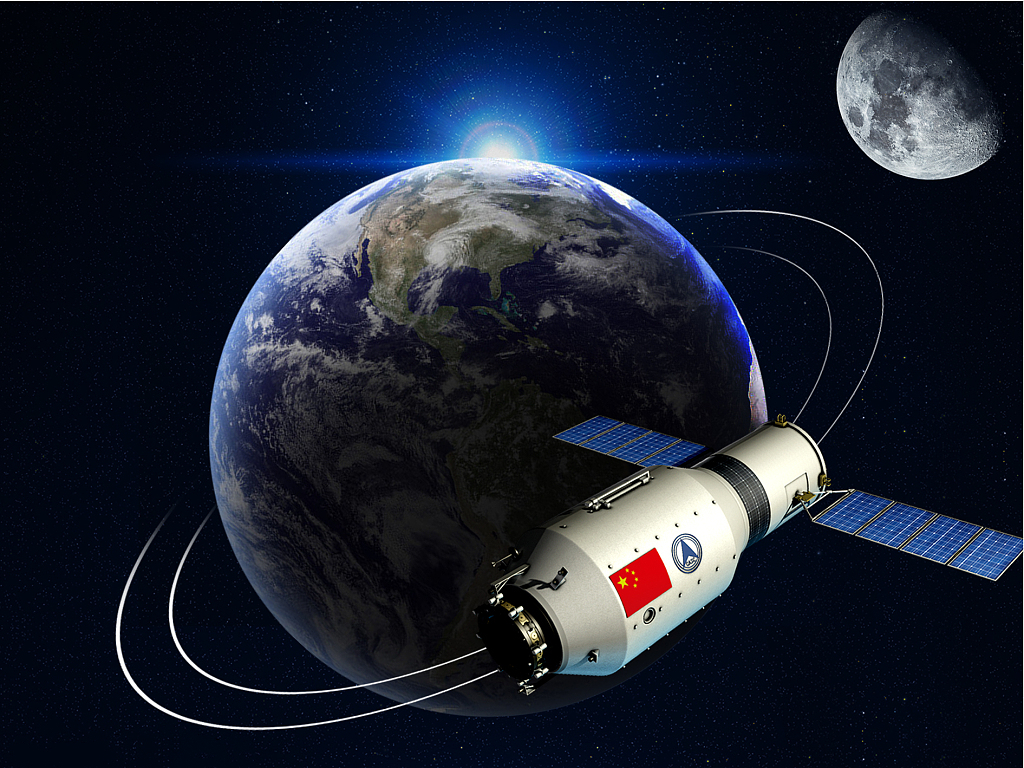Private Chinese space startups join space race
By David Lee | chinadaily.com.cn | Updated: 2019-07-29 09:27

Chinese space startup iSpace, also known as Starcraft Glory, made history on Thursday with the successful launch of its SQX-1 Y1 rocket.
The launch sent two satellites and payloads into a 300-kilometer circular orbit and was the first time a private Chinese company put a satellite into orbit.
The successful launch, which is considered a major step for private companies, came after two previous failed attempts by two other Chinese space startups.
The 2016 China Space Whitepaper outlined appropriate mechanisms for space investment and encouraged private sector participation in space.
Over the following years, dozens of Chinese space startups have emerged, which are backed not only by national policy but also venture capital.
While the two failed launches raised skepticism, the success of iSpace is expected to inject renewed confidence in private sector space programs in China.
The launch didn’t boast technical specifications as impressive as SpaceX, the world’s leading private space player. The launch does however herald the arrival of private Chinese companies as credible contenders in the international space game.
This is down to companies like iSpace and other similar Chinese startups targeting a niche market, launching microsatellites in a cost-effective way.
Microsatellites, about the size of a shoebox, can be used to monitor crops, weather patterns or disaster sites. They also make for solid research tools for universities and other research institutions.
This niche market has largely been neglected by American heavyweights SpaceX and Blue Origin, which tend to focus on the hype of space travel. The current global leader in launching microsatellites is the Indian national space program, which has turned significant profits thanks to microsatellites.
Chinese tech companies have learned from their international counterparts.
Chinese behemoths Huawei and DJI are now considered world leaders in their respective fields. .If they can navigate international tech’s volatile waters with the right mix of technology, investment, and policy, there is every reason Chinese space startups can do the same.
It’s of course naive to say that all Chinese space startups and venture capitalists will win big. Tech is a high-risk industry that moves fast enough to render once-promising startups obsolete early into their lives.
While there are dozens of Chinese space startups looking to strike it big, only a handful has the real potential to emulate the success of Huawei or DJI.
To make it to the top of the international space industry, it is also worth bearing in mind that emerging Chinese startups must be prepared to cope with political and legal challenges, just like those Huawei and DJI have to address now.
Such growing pains seem inevitable for Chinese hi-tech players. The good news is that the niche market pursued by Chinese space startups is a huge one, given China’s strong domestic demands for microsatellite launch. If the quick emergence of Chinese space startups offers any indication to the future, I’d be confident to see at least a couple of them rise to be credible contenders in the international space game.
The author is a Beijing-based consultant working on international development issues, covering public health, clean energy and poverty reduction.
The opinions expressed here are those of the writer and do not represent the views of China Daily and China Daily website.
























